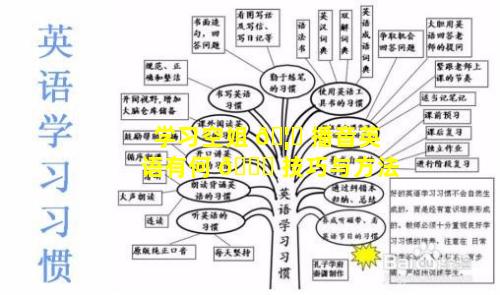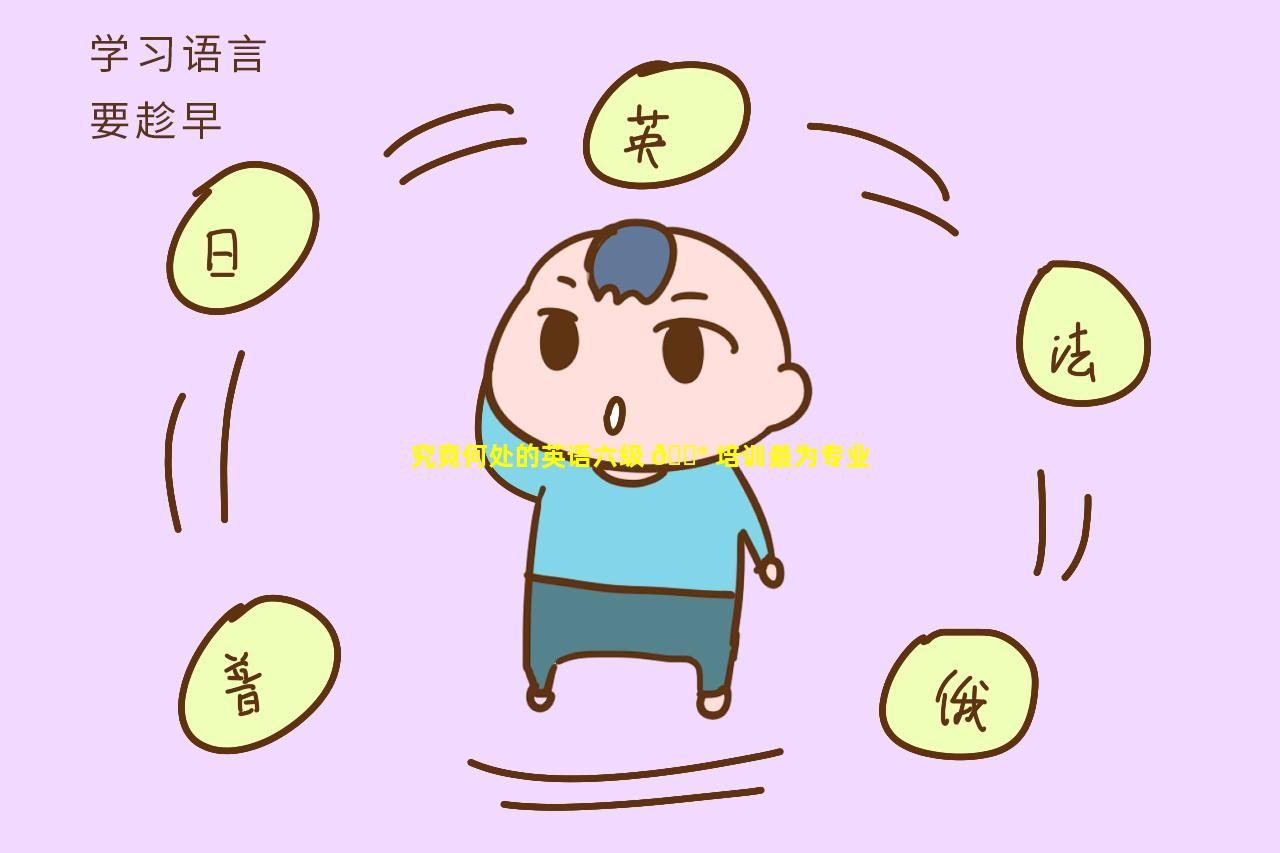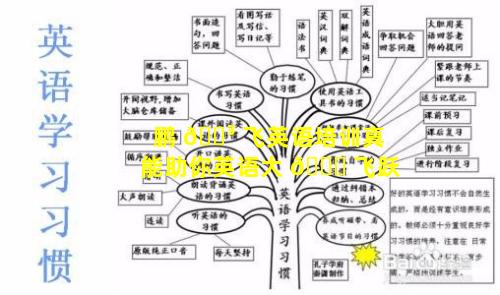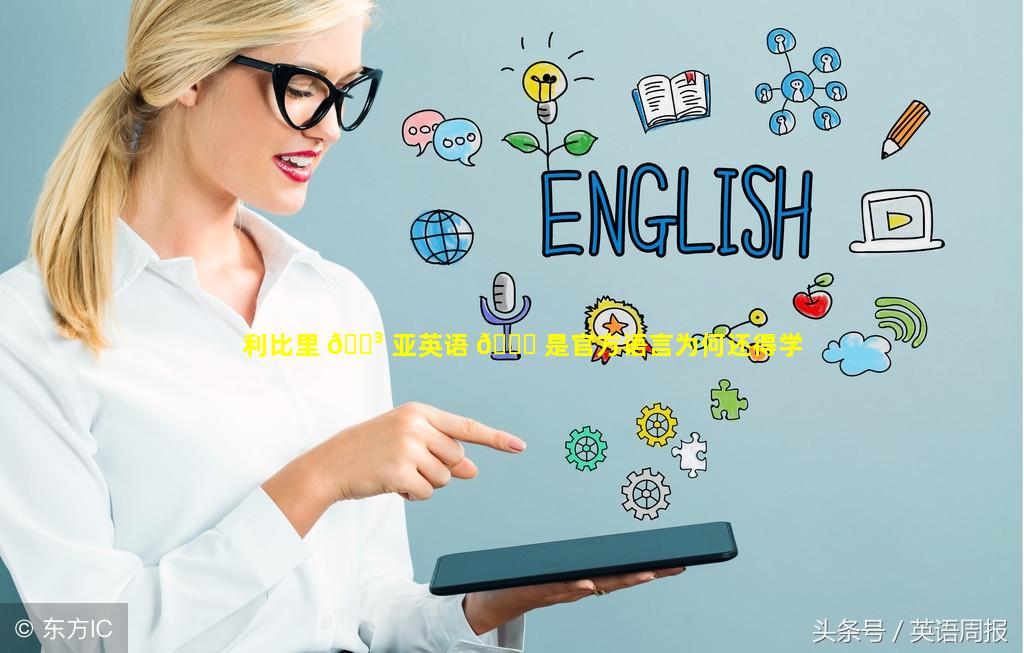古代故事对我们学习英语有何助力
- 作者: 陈锦烁
- 来源: 投稿
- 2024-10-01
1、古代故事对我们学习英语有何助力
提升词汇量和表达能力
古代故事中含有丰富的古文词汇和优雅的表达,可以帮助学习者拓展词汇量和提高语言表达能力。例如,“桃李满天下”,“夜以继日”,“胸怀大志”等成语和谚语在日常英语表达中经常使用。
培养文化理解古代故事往往反映了古代文化和社会风俗,通过阅读这些故事,学习者可以加深对中国文化的理解,从而在学习英语时更好地理解文章和对话中的文化背景。
了解语言历史发展古代故事可以追溯到中文的起源,通过阅读这些故事,学习者可以了解英语单词和语法结构的历史演变,加深对语言本身的理解。
激发阅读兴趣古典文学的魅力在于其故事情节引人入胜,语言优美,可以激发学习者的阅读兴趣和求知欲,从而提高英语学习的积极性和主动性。
增强批判性思维许多古代故事包含哲学思想和人生道理,通过阅读和分析这些故事,学习者可以提升自己的批判性思维能力,更好地理解文章的深层含义和不同文化的观点。
提升翻译能力古代故事为学习者提供了大量的翻译材料,通过翻译这些故事,学习者可以练习自己的翻译技巧,提高对中英文的转换能力。
案例研究“三国演义”中的“桃园三结义”故事,可以使英语学习者了解成语“义结金兰”和“三足鼎立”的含义,并加深对中国古代兄弟情义的认识。
“西游记”中的“三打白骨精”故事,可以帮助学习者掌握“真假难辨”,“善恶分明”等英语表达,同时了解中国古代神话传说。
“水浒传”中的“武松打虎”故事,可以使学习者认识“虎虎生威”,“一身是胆”等武侠词汇,并了解中国古代民间英雄的形象。
阅读古代故事对学习英语具有多方面的助力,可以有效地提升词汇量、表达能力、文化理解、语言历史知识、阅读兴趣、批判性思维和翻译能力。
2、读古代故事是有教育意义的英语作文
Reading historical tales is an enriching experience that offers a plethora of educational benefits. By delving into the annals of the past, we not only gain insights into the lives of our ancestors but also acquire valuable lessons that can guide our present and future actions.
Firstly, historical stories provide an invaluable window into the customs, beliefs, and societal norms of bygone eras. By understanding the context in which past events unfolded, we develop a deeper appreciation for the complexities of human experience. For instance, reading about the challenges faced by women in feudal Japan can shed light on the enduring struggles for equality that have shaped our world.
Moreover, historical tales serve as a repository of wisdom. They offer timeless insights into human nature, revealing the strengths and weaknesses that have characterized humankind throughout history. Through the triumphs and tragedies of historical figures, we learn about the importance of perseverance, integrity, and compassion. By studying the strategies employed by great military leaders, we gain valuable knowledge about conflict resolution and diplomacy.
Additionally, reading historical stories cultivates empathy and understanding. By stepping into the shoes of those who lived in different times and circumstances, we develop a greater capacity for empathy. We learn to appreciate the struggles and aspirations of people from diverse backgrounds, fostering tolerance and respect for others. This empathy can help us bridge cultural divides and promote global harmony.
Furthermore, historical stories provide a unique opportunity for critical thinking and analysis. By examining the causes and consequences of past events, we develop the skills to evaluate evidence, identify biases, and draw informed conclusions. Historical analysis teaches us to question assumptions, challenge conventional wisdom, and form our own judgments.
In conclusion, reading historical tales is an indispensable educational activity that offers a wealth of benefits. It provides insights into past societies, imparts timeless wisdom, cultivates empathy, and fosters critical thinking. By delving into the annals of history, we not only learn about the past but also gain valuable knowledge and skills that can shape our present and future for the better.
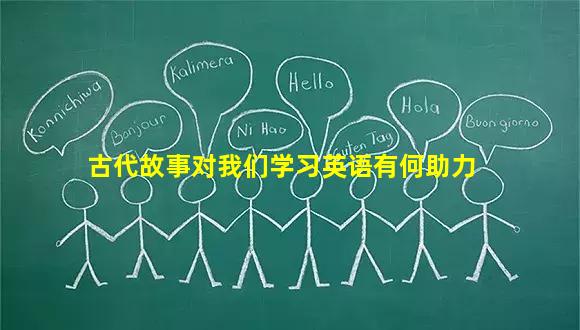
3、读古代故事是有帮助的英语作文
In the realm of language learning, the benefits of delving into ancient tales are often overlooked. Yet, the study of these timeless narratives offers invaluable linguistic and cultural insights that can profoundly enhance one's command of the English language.
Ancient stories, like those found in mythology, folklore, and epic poetry, provide a rich tapestry of vocabulary and idioms that transport readers to worlds long past. By encountering archaic terms and unfamiliar expressions, students can expand their linguistic repertoire and gain a deeper understanding of the nuances of the language. For instance, in the Arthurian legends, the enigmatic phrase "the Holy Grail" conjures images of a sacred vessel with profound spiritual significance, enriching one's vocabulary and comprehension.
Moreover, ancient stories offer glimpses into the cultural context that shaped the English language. Through these narratives, students can delve into the beliefs, values, and customs of past civilizations, gaining insights into the evolution of the language and its connection to human experience. For example, the Norse sagas shed light on the warrior culture of the Vikings, introducing students to terms such as "berserk" and "valhalla," which provide a glimpse into the mindset and values of that era.
Furthermore, studying ancient stories fosters critical thinking and analytical skills. By examining the intricate plots, diverse characters, and profound themes found in these narratives, students learn to decipher complex ideas, infer meaning, and develop a deeper understanding of human nature. For instance, the epic of "Gilgamesh," one of the oldest written tales, explores themes of mortality, friendship, and the search for meaning, challenging readers to reflect on universal human experiences.
In conclusion, reading ancient stories offers a multifaceted educational experience that enriches one's command of the English language. By expanding vocabulary, providing cultural insights, and fostering critical thinking, these timeless narratives serve as invaluable resources for language learners seeking to master the intricacies of English. Embracing the study of ancient stories unlocks a treasure trove of linguistic and cultural knowledge, enabling students to navigate the world of words with greater confidence and understanding.
4、中国古代故事英语作文80词
In ancient China, a wise man lived in a hut by a river. One day, he saw a horse run away from its owner. The owner searched high and low but could not find it. The wise man said, "It may be a blessing." A few days later, the horse returned with a herd of wild horses. The owner was overjoyed and thanked the wise man. The wise man replied, "It may be a curse." Later, the owner's son tried to ride one of the wild horses and fell, breaking his leg. The owner was upset and cursed the wise man. The wise man said, "It may be a blessing." A few weeks later, the army came to conscript ablebodied men for war. The owner's son was spared because of his broken leg.

